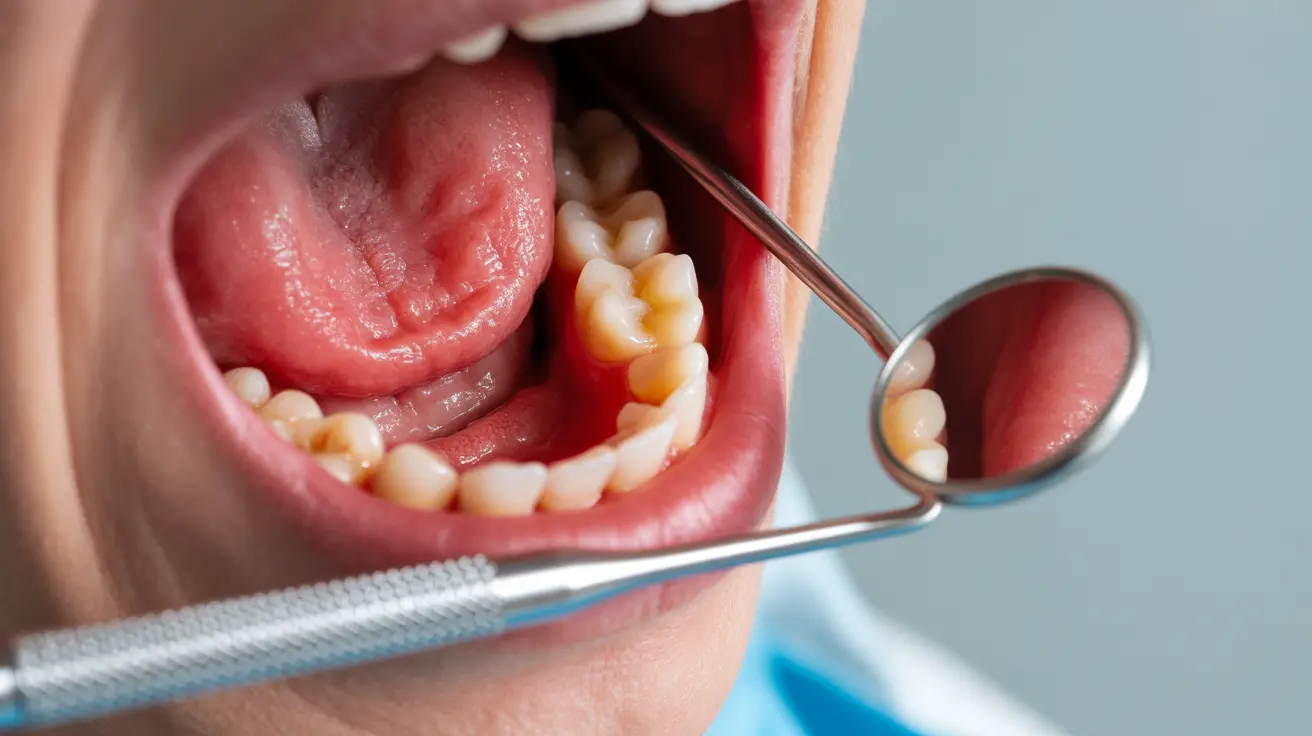Anhedonia, a complex psychological condition, represents the diminished ability to experience pleasure or find joy in activities that were once enjoyable. This profound symptom can significantly impact a person's quality of life, affecting everything from social relationships to daily routines and overall well-being.
While often associated with depression, anhedonia can manifest in various mental health conditions and presents unique challenges for those experiencing it. Understanding its nature, recognizing its symptoms, and knowing about available treatments are crucial steps toward recovery.
What Is Anhedonia and Its Impact on Daily Life
Anhedonia manifests as a persistent inability to feel pleasure or derive satisfaction from activities, relationships, or achievements that typically bring joy. This condition can affect both physical pleasures (such as eating favorite foods or physical touch) and social experiences (like spending time with loved ones or celebrating accomplishments).
The impact on daily life can be profound and far-reaching:
- Reduced motivation to engage in previously enjoyed activities
- Difficulty maintaining social relationships
- Decreased interest in hobbies and personal goals
- Challenges in experiencing physical pleasure
- Reduced emotional responses to positive events
Types and Manifestations
Social Anhedonia
Social anhedonia specifically affects a person's ability to find pleasure in social interactions. Individuals may withdraw from relationships, avoid social gatherings, and experience reduced emotional connection with others, even close family members.
Physical Anhedonia
Physical anhedonia involves the decreased ability to experience physical pleasures, such as the enjoyment of food, touch, or sexual activity. This can significantly impact intimate relationships and basic daily experiences.
Understanding the Causes
Anhedonia can develop from various factors and conditions:
- Major depressive disorder
- Schizophrenia
- Post-traumatic stress disorder (PTSD)
- Chronic stress and burnout
- Neurological conditions
- Certain medications
Recognition and Diagnosis
Healthcare professionals typically diagnose anhedonia through careful evaluation of symptoms and their duration. Key indicators include:
- Persistent lack of interest in previously enjoyed activities
- Emotional numbness or blunted responses
- Social withdrawal
- Decreased motivation
- Changes in appetite or sleep patterns
Treatment Approaches and Recovery
Treatment for anhedonia often requires a comprehensive approach:
- Psychotherapy (particularly cognitive behavioral therapy)
- Medication management
- Lifestyle modifications
- Social support systems
- Mindfulness and meditation practices
Recovery timelines vary significantly among individuals, depending on the underlying cause and chosen treatment approach. Many people see improvement within several months of consistent treatment, though some may require longer-term support.
Frequently Asked Questions
- What does anhedonia mean and how does it affect daily life?
Anhedonia is the inability to feel pleasure or joy in activities that were once enjoyable. It affects daily life by reducing motivation, making social interactions challenging, and diminishing the ability to experience satisfaction in work, hobbies, and relationships.
- What causes anhedonia and which mental health conditions is it linked to?
Anhedonia is commonly linked to depression, schizophrenia, and PTSD. It can be caused by chronic stress, trauma, neurological conditions, or certain medications. The condition often appears as a symptom of broader mental health disorders.
- How can you recognize the symptoms of anhedonia and when should you seek help?
Key symptoms include persistent lack of interest in previously enjoyed activities, emotional numbness, social withdrawal, and decreased motivation. Seek professional help if these symptoms persist for more than two weeks or significantly impact your daily functioning.
- What treatment options are available for managing anhedonia effectively?
Treatment options include psychotherapy (particularly CBT), medication (such as antidepressants), lifestyle changes, and social support. A combination of treatments often proves most effective, tailored to individual needs and circumstances.
- Can anhedonia improve with therapy or medication, and how long does recovery usually take?
Yes, anhedonia can improve with proper treatment. Recovery timelines vary significantly, ranging from several months to longer periods. Consistent engagement with treatment, whether therapy or medication, typically leads to gradual improvement in the ability to experience pleasure and joy.




